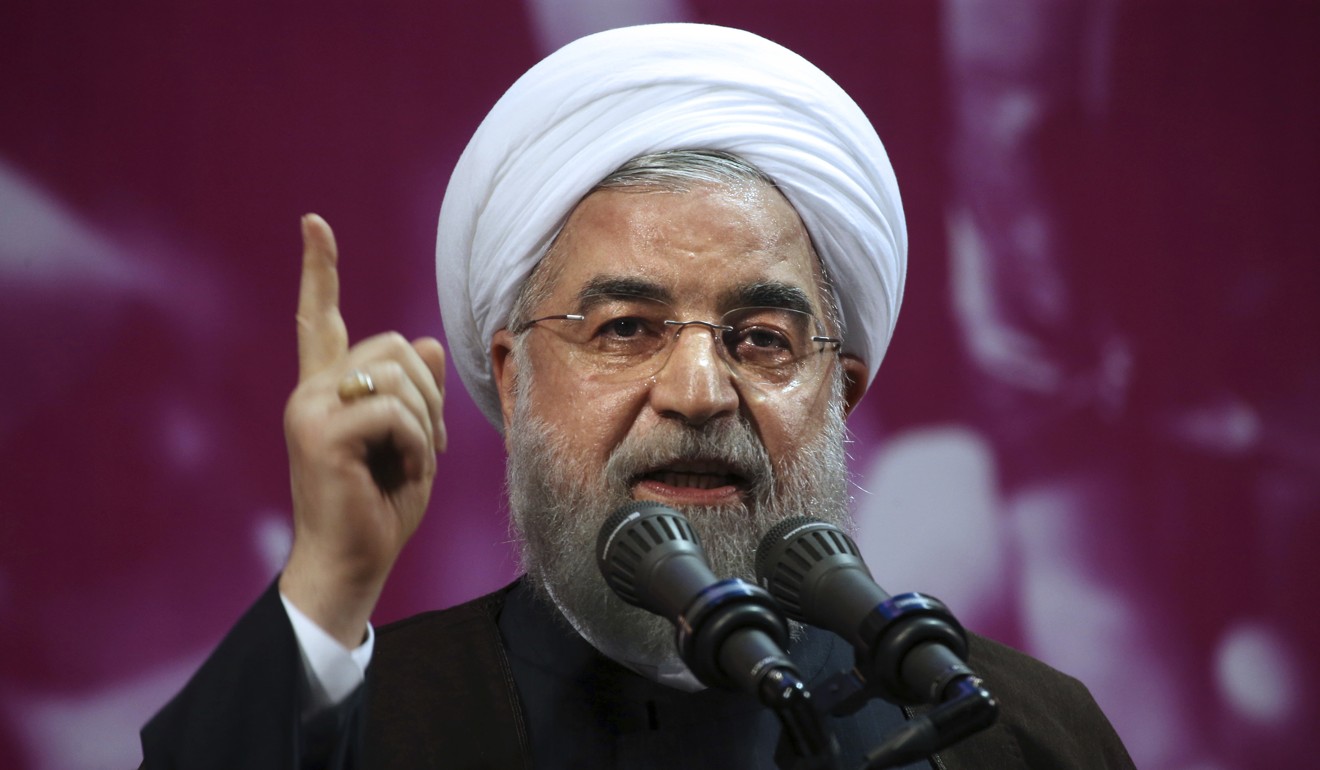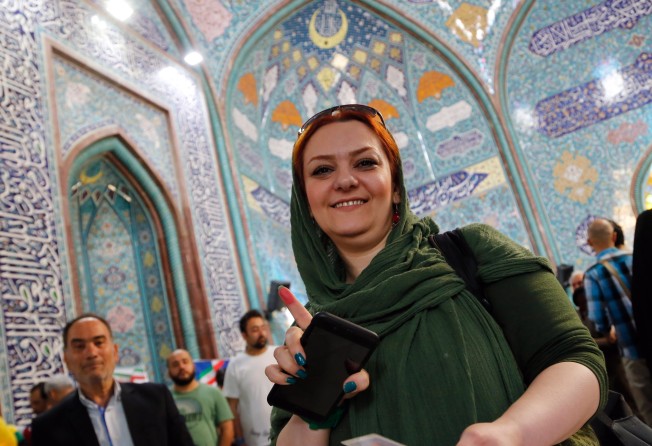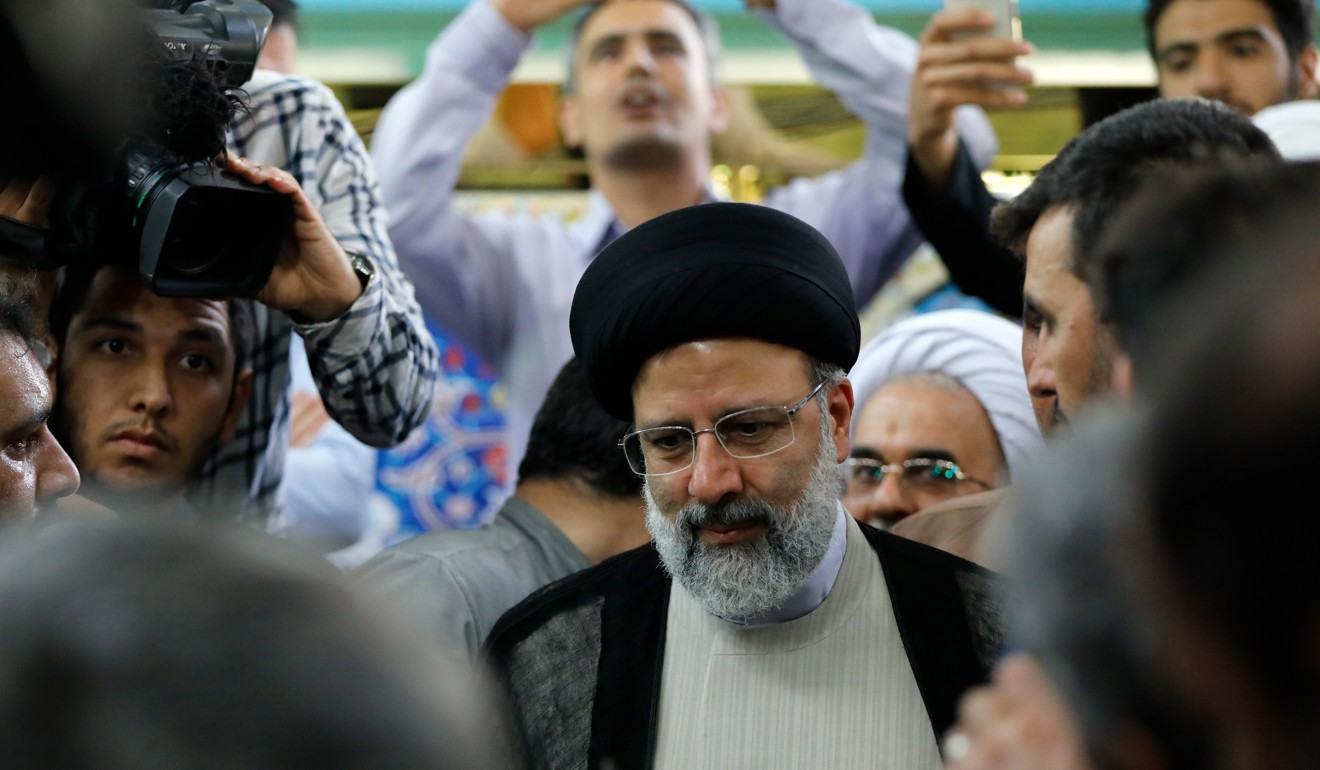
Polls open in first Iranian presidential vote since nuclear deal
President is facing stiff opposition from hardliners still wary of the West

Iranians have been voting in the country’s first election since its nuclear deal with world powers, as President Hassan Rowhani faced a staunch challenge from a hardline opponent over his outreach to the West.
Friday’s election was largely viewed as a referendum on the 68-year-old cleric’s more moderate policies, which paved the way for the nuclear accord despite opposition from hardliners.
Economic issues will also be on the minds of Iran’s more than 56 million voters as they head to polling stations across the country. The average Iranian has yet to see the benefits of the deal, which saw Iran limit its contested nuclear programme in exchange for the lifting of some sanctions.
Supreme leader Ayatollah Ali Khamenei, the most powerful man in Iran, symbolically cast the election’s first vote and called on Iranians to turn out in huge numbers for the poll.
“Elections are very important and the fate of the country is in the hands of all people,” he said.
In the election, Rowhani has history on his side. No incumbent president has failed to win re-election since 1981, when Khamenei became president himself.

However, that doesn’t mean it will be easy. Rowhani faces three challengers – the strongest among them being hardline cleric Ebrahim Raisi, 56.
Raisi, a law professor and former prosecutor who heads an influential religious charitable foundation with vast business holdings, is seen by many as close to Khamenei. Raisi has even been discussed as a possible successor to him, though Khamenei has not endorsed anyone.
Raisi won the support of two major clerical bodies and promised to boost welfare payments to the poor. His populist posture, anti-corruption rhetoric and get tough reputation are likely to energise conservative rural and working class voters.

Mostafa Hashemitaba, a pro-reform figure who previously ran for president in 2001, and Mostafa Mirsalim, a former culture minister, also remain in the race.
The race has heated emotions and pushed public discourse in Iran into areas typically untouched in the tightly controlled state media. Authorities worry about tempers rising too high and Khamenei days ago warned anyone fomenting unrest “will definitely be slapped in the face”.
That hasn’t stopped those at Rowhani rallies from shouting for house arrested leaders of the 2009’s Green Movement. Opposition websites have said the Green Movement leaders have endorsed Rowhani against Raisi. Rowhani promised in his 2013 campaign to free the men, but hasn’t.
Mohammad Khatami, another reformist who served as Iran’s president from 1997 to 2005, also has endorsed Rowhani. Iranian authorities say they believe the vote will exceed a 70 per cent turnout.